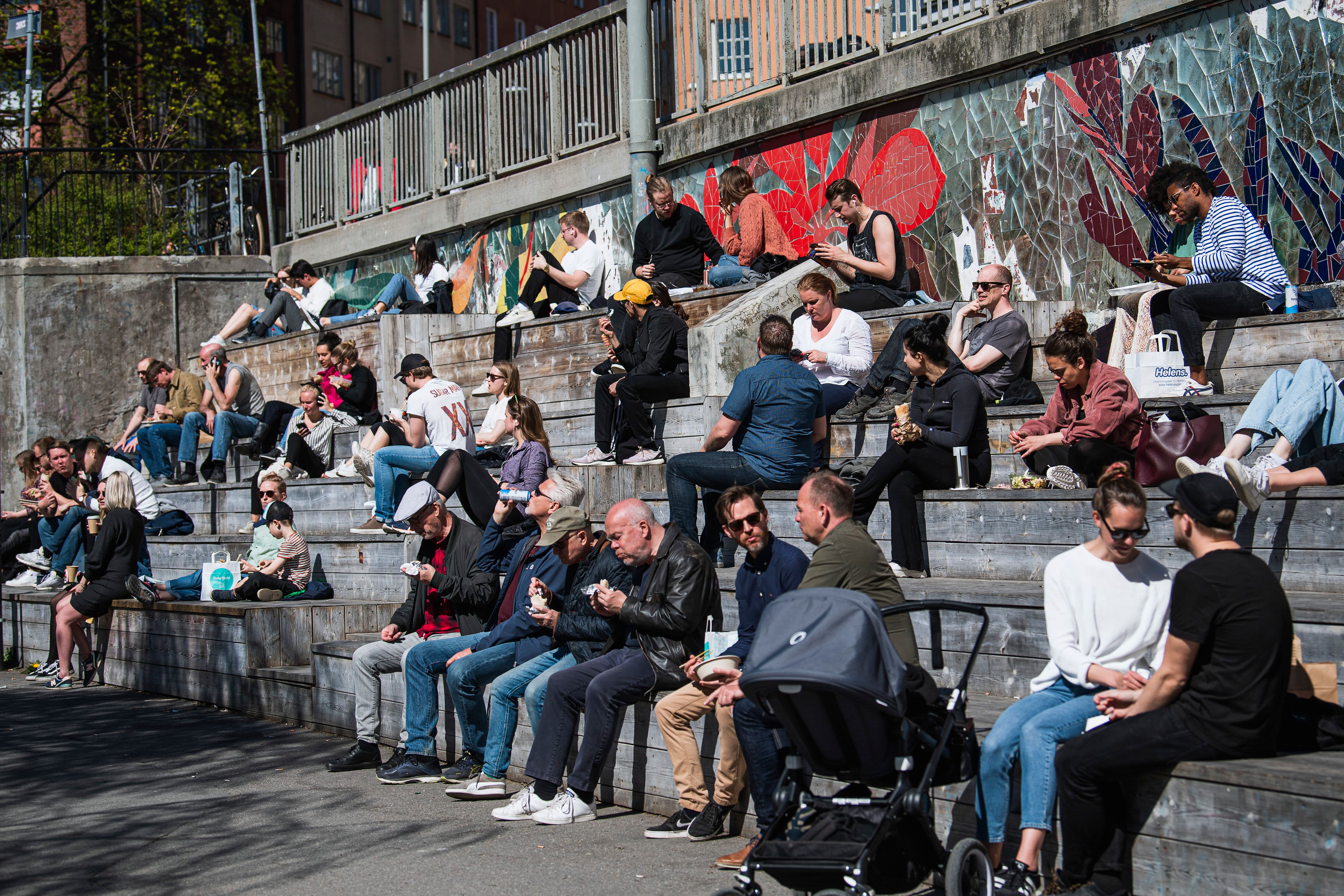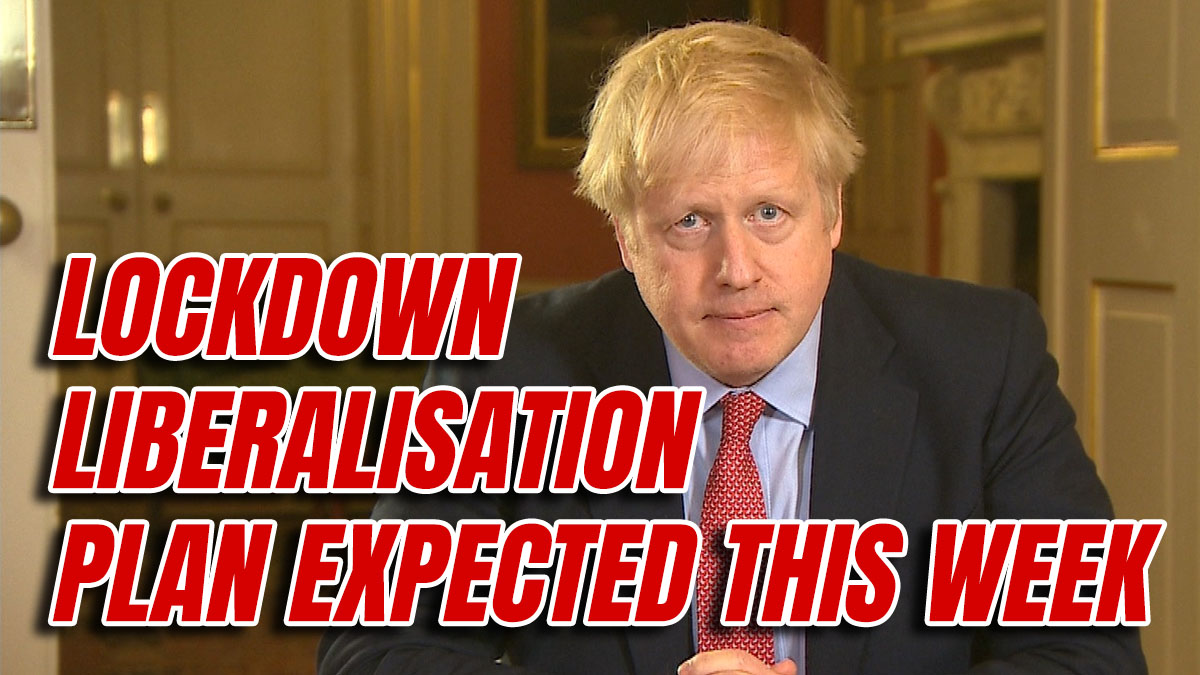I don't disagree with anything you've said here, but my measure would have to be deaths. According to Johns Hopkins, that's 183,559 so far for covid-19, and we know that's understated because for many countries only hospital deaths are included in the official stats. There's also the fact that most deaths so far are in the Western Democracies with strong healthcare, whereas Ebola deaths were largely in West Africa, which is clearly not as well-placed to deal with viruses.
A more comparable pandemic would be H1N1 Flu in 2009 (swine flu) that caused around 284,000 deaths. However, as this was a variant on a know flu strain, developing a vaccine was relatively rapid (and perhaps more importantly success would have been expected from the off) and the death rate per infection was much lower (0.02%). I think it's clear that, unchecked, covid-19 would cause a lot more deaths than H1N1.
The WHO estimate seasonal flu kills up to 650,000 people a year. Even though the WHO generated mass panic over H1N1 in 2009 2009 turned out to be a very average flu year. The vaccine wasn’t ready in volume until the number of cases had dropped to about 1/4 of the peak so didn’t really have an effect on reducing case numbers. The demographics were very different to CoV2 though, 2009 H1N1 mostly affected younger people.
I got sad news today that my remaining great aunt is in hospital with a severe stroke, she is still alive but it is not believed she will regain consciousness. This isn't something I wanted to hear, but at 90 it wasn't unexpected, and the upside is that it was very quick (certainly I personally want to be fine but old then one day just keel over and die, not live in a home for many years - she was living at home and looking after herself and her dog just fine with occasional family visits and them dropping off her shopping once the shielding started).
If she is tested and tests positive for COVID (doubt they will, but if they did), she'll be down on the figures, even though this seems clearly not to be a COVID death in reality.
What you've also got with people in that position is, let's say she caught COVID 3 months ago and died as a result of that, that has just moved a given death 3 months earlier. So we might well see, along those lines, a reduced general death rate once this is over, because a fair number of the people who would die over the next 12 months of age related issues are dying now of COVID instead.
Sorry to hear about your Aunt.
I think your logic could very well be correct though regarding overall deaths for 2020. I have thought the same.


